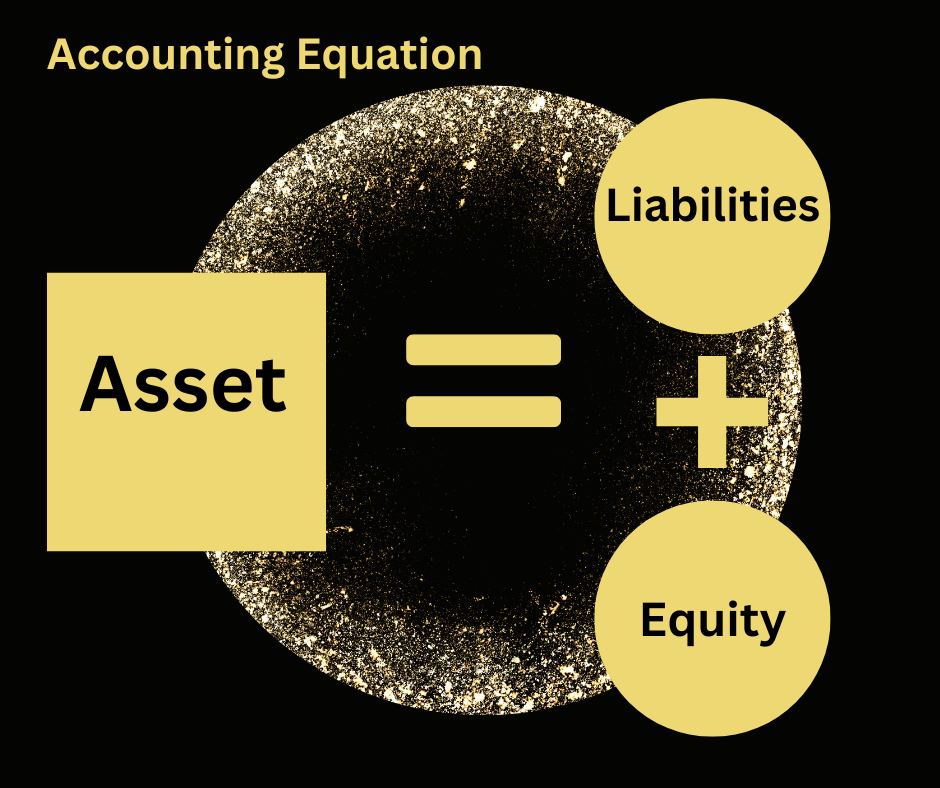What is e-commerce accounting:
-
Nasir
-
April 25, 2023
-
Blogs
-
0 Comments
E-commerce accounting is a specialized area of accounting that focuses on managing the financial transactions and records of businesses that sell products or services over the Internet. E-commerce businesses operate in a digital environment and rely heavily on technology to process transactions, manage inventory, and track financial data. As a result, e-commerce accounting involves unique challenges and considerations that are …
Continue Reading
Accounting System and how to improve it:
-
Nasir
-
April 8, 2023
-
Blogs
-
0 Comments
An accounting system is a set of procedures, policies, and tools a company uses to record, process, and report financial transactions. It is the framework for managing a company’s financial information and provides the data needed for decision-making. An accounting system typically includes software applications for recording transactions such as purchases, sales, payments, and receipts. These transactions are then organized …
Continue Reading
Liability Management:
-
Nasir
-
April 6, 2023
-
Blogs
-
0 Comments
Liability management refers to the process of managing a company’s liabilities in order to ensure that they are at an optimal level. This typically involves a number of different strategies aimed at reducing risk and increasing financial stability. One key aspect of liability management is the management of debt. This might involve strategies such as refinancing debt at a lower …
Continue Reading
What is Asset Management
-
Nasir
-
April 5, 2023
-
Blogs
-
0 Comments
Asset management is the practice of managing and overseeing the financial assets of an individual, organization, or company. It involves a range of activities such as acquiring, managing, and disposing of assets to achieve specific financial goals while minimizing risk. The types of assets managed by an asset manager may include stocks, bonds, real estate, mutual funds, exchange-traded funds, and …
Continue Reading
Accounting Equation
-
Nasir
-
March 19, 2023
-
Blogs
-
0 Comments
There is only one fundamental accounting equation, which is as follows: Assets = Liabilities + Equity This equation is also known as the balance sheet equation, as it forms the basis for creating a balance sheet. The equation states that a company’s assets must always equal the sum of its liabilities and equity. Here’s a brief explanation of each of …
Continue Reading
A guide for a better debt management:
-
Nasir
-
March 16, 2023
-
Blogs
-
0 Comments
Create a budget: Make a detailed list of your income and expenses to see where your money is going. This will help you identify areas where you can cut back on spending and free up more money to pay down debt. Prioritize debt: Make a list of all your debts and prioritize them based on interest rates and the amount …
Continue Reading
How to avoid getting victimized by financial fraudsters:
-
Nasir
-
March 15, 2023
-
Uncategorized
-
0 Comments
Financial fraudsters use a range of tactics to trick people into giving them money or sensitive financial information. Here are some ways to avoid getting victimized: Be skeptical: Always be wary of unsolicited phone calls, emails, or text messages requesting personal or financial information. If you receive such requests, do not provide any information until you have verified the identity …
Continue Reading
how to check Accounting books precisely
-
Nasir
-
March 9, 2023
-
Bookkeepings
-
0 Comments
Checking accounting books accurately involves a systematic approach that ensures all financial transactions are recorded and categorized correctly. Here are some steps you can take to check accounting books accurately: Reconcile bank accounts: Reconciling bank accounts involves comparing the bank statement with the general ledger to ensure that all transactions are recorded accurately. Any discrepancies should be investigated and resolved …
Continue Reading
The ultimate guide in using an accounting software:
-
Nasir
-
March 7, 2023
-
Bookkeepings
-
0 Comments
Great, let’s dive into the ultimate guide in using accounting software! Define Your Accounting Needs: Before you choose accounting software, it’s essential to determine what you need from it. Consider the size of your business, the complexity of your finances, the number of transactions you handle, and your level of expertise in accounting. This will help you choose software that …
Continue Reading
Bookkeeper vs Accountant
-
Nasir
-
March 6, 2023
-
Blogs
-
0 Comments
Bookkeepers and accountants both play important roles in managing a company’s finances, but they have different responsibilities and qualifications. Bookkeepers are responsible for recording and organizing a company’s financial transactions. They typically perform tasks like entering financial data into accounting software, reconciling bank statements, and managing accounts payable and accounts receivable. Bookkeepers are often responsible for producing financial reports and …
Continue Reading




